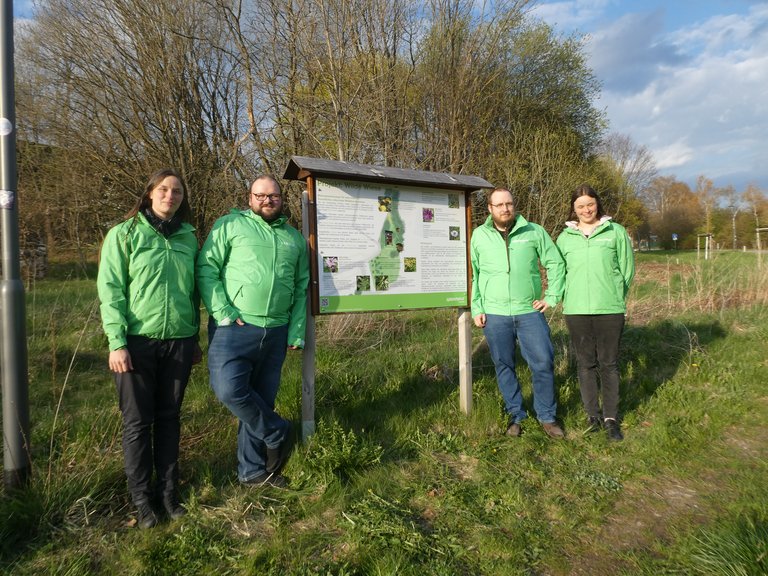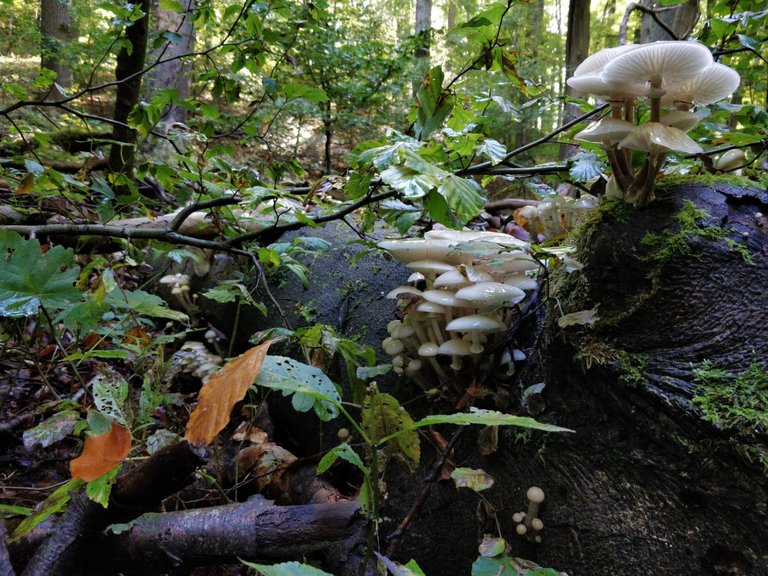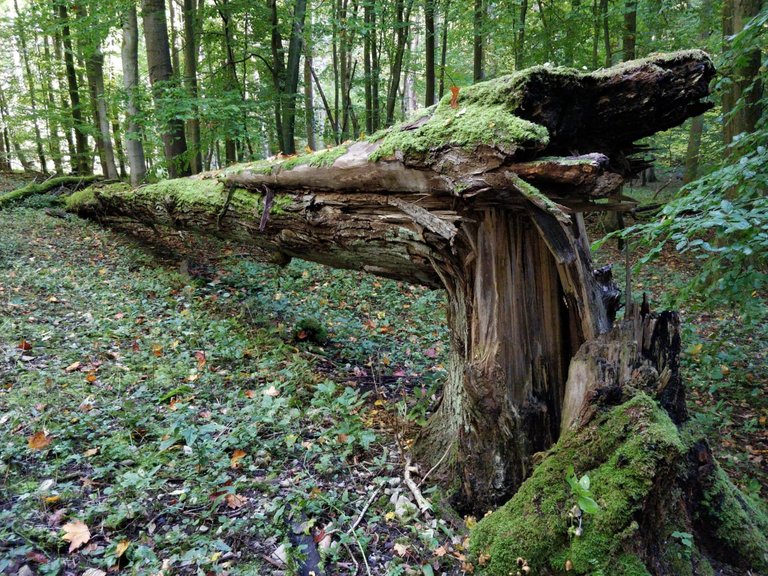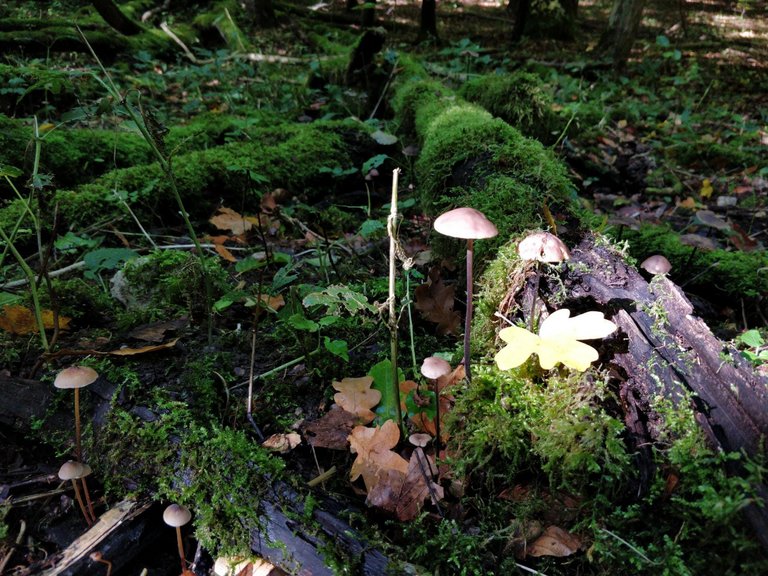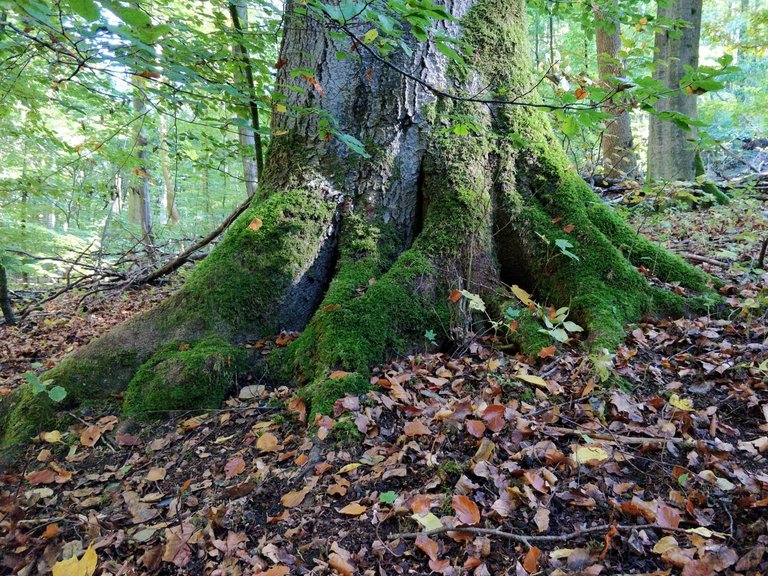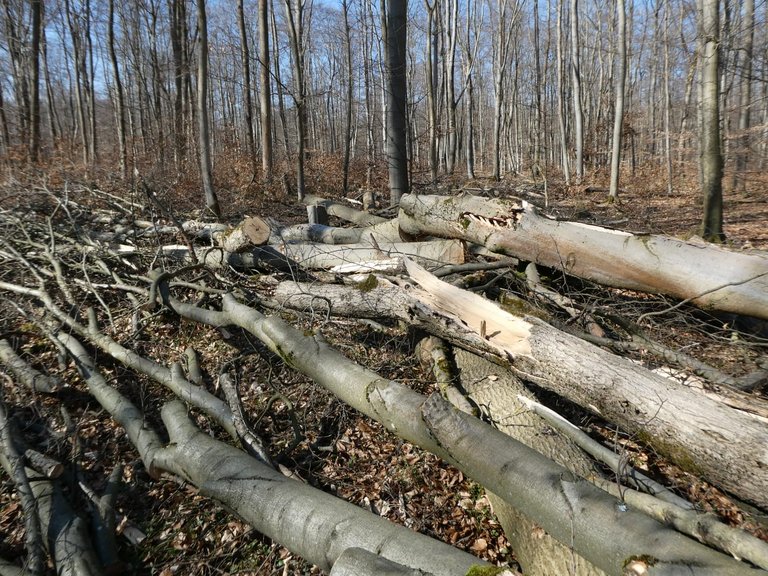Katharina Peh has been involved in climate and environmental protection for 16 years. After completing a bachelor's degree in energy and environmental systems engineering and a master's degree in Renewable Energy Technology with a focus on photovoltaics at TU Ilmenau, she currently works as a research assistant at the university's Technical Physic Group. Together with six other committed people, she founded Greenpeace Ilmenau, an offshoot of the world's largest environmental protection organization, in 2016. Together, they are primarily committed to regional nature conservation and biodiversity. UNIOnline spoke with Katharina Peh about her commitment.
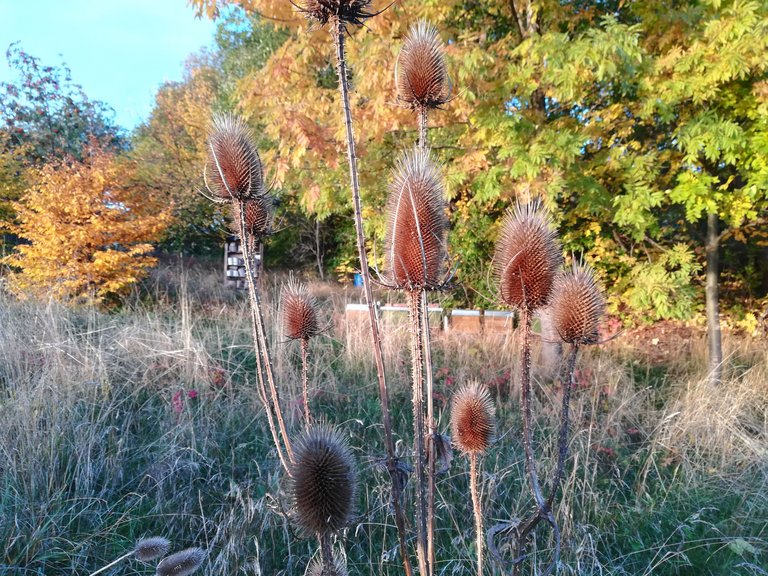
When did you first become interested in - and involved in - climate protection and species conservation?
In September 2006, I decided to try to make the world a better place, especially for animals. At that time, I was still living in Fulda and was looking for information on where I could get involved locally. Thereby I came across Greenpeace Fulda. Since then I have been involved. The first actions in which I actively participated were already on the topic of species protection. For example, my twin sister and I designed buttons that read, among other things, "Jungle conservationists buy recycled paper" or "Tuna conservationists". We distributed these along with information to interested people so that they would personally identify with the issue and change their behavior.
To what extent can you also contribute your knowledge from your studies or your work as a staff member at the Department of Technical Physics?
To be honest, knowledge of basic research is not really needed to get involved in Greenpeace. But what I do know from working in science is that information always needs to be examined for its source and for scientificity. That there is always more than one solution and that everything can be much more complicated than it seems at first. So if someone informs about simple solutions, this should be critically questioned from my scientific experience.
In the local group, you are involved in environmental protection in Ilmenau and at the university, especially for a change in consumer behavior and an increase in biodiversity. Why these two topics in particular?
The topics of biodiversity, forest change and consumer change are important to the people in the group. We have focused on this topic in order to be able to make a difference locally. In Ilmenau, people can get to the forest quickly. But hardly anyone knows whether it is a near-natural forest or an intensively used forest. We want to educate people about such topics, because especially those who live so close to the forest should be familiar with it. Meadows are also easy to explore from Ilmenau. So we wanted to focus on a regional topic in order to bring people along emotionally.
Our second major focus is the consumer turnaround. During our campaigns on the labeling of meat products in 2017, we noticed how strongly the topic of our own consumption and especially the consumption of animal products is emotionalized. So there is still a lot to do here. And we want to provide support here to encourage people to consume more consciously.
What specific projects are you currently running?
In the "Wild Meadow" project, we want to show people how a meadow can develop and what it can look like if people don't mow it every two weeks. What biodiversity develops there and how beautiful this wild mess can look. Various insects fly around and flowers that are otherwise never seen can be viewed. On the subject of forests, we have been doing research lately, especially in the Hainich. Here the question is: What is allowed to be done in the forest despite different protection status? Especially in times of the energy crisis, it is frightening to see how much wood is being cut down. And of course, the change in consumerism also plays a role in the issue of biodiversity. Buying organic products, for example, is a contribution to biodiversity, because fewer toxins are released into the environment and more insects can survive.
At Greenpeace, you not only strive for biodiversity, but also diversity in the composition of your group. What is the composition of the group, and how do you network with each other?
Unfortunately, the diversity in our group is not that great at the moment. We have all graduated or are about to graduate and are all already working. This used to be different. There were students, pupils and working people in our group. Especially the people who do not work yet or no longer work every day are missing in our group. We are very well networked among ourselves. In addition to a messenger group, we have our own cloud where we store documents such as protocols and manage appointments.
This year's World Day for Species Conservation is themed "Partnerships for Wildllife Conservation." Which partners are you working with?
We have already networked with or supported different groups and people in Ilmenau to achieve more together. These included NABU Ilm-Kreis, which also supports us in the "Wild Meadow" project. At the International Students' Week we offered workshops together with ISWI e.V.. Together with the BUND Kreisverband Ilm-Kreis we have for example designed cigarette hotels together, together with Cleanupilmenau we remove garbage from nature or have informed about the consumer turnaround with the ILMPULS Festival Ilmenau .
What actions for the protection of biodiversity do you have planned for the coming period?
We have planned our next action on the "Wild Meadow" on March 3. Here we want to make the meadow fit for spring, take care of our insect hotel and inform about the possibilities for insect-friendly planting of windowsills, balconies or gardens at a joint picnic.
As a local group, you say: It doesn't always have to be the big, spectacular actions. A lot can also be achieved with small steps. What small things have you personally resolved to do for more protection of biodiversity and sustainability in everyday life?
I am a vegetarian. I make sure to eat regionally, organically, seasonally and vegan as often as possible. I buy green electricity. I ride my bike in the city, no matter what the season. I use the train for all vacations. I buy children's clothes second-hand. I try to repair my own clothes as much as possible. I design my garden patch to be insect-friendly and as wild as possible. I print as little as possible and buy recycled paper products. I buy vegetables as unpackaged as possible. I make suggestions at the Ilmenau participatory budget. I hang brood boxes in the garden at my house. I borrow books, including children's books, from the library instead of buying them. That can also be done digitally, for example. I don't have a huge TV and almost never watch TV. I make sure food doesn't spoil where I live. I use solid shampoos and shower gels.
World Day for the Protection of Species
World Wildlife Day is celebrated every year on March 3 to commemorate the signing of the Washington Convention on International Trade in Endangered Species of Wild Fauna and Flora (CITES) on March 3, 1973. On this day, institutions and organizations of all kinds around the world, as well as the general public, are called upon to take a variety of actions of their own to draw attention to the importance of wild animal and plant species to humans, as well as to the ongoing global loss of biodiversity. Each year, the day has a different theme. This year's has the theme "Partnerships for Wildllife Conservation."
To the action of the Greenpeace local group on the "wild meadow" behind the university computer center (UniRZ) of the TU Ilmenau on 3 March starting from 16:30 o'clock all interested ones are cordially invited. Likewise to the regular meetings of the local group on Thursdays in the 18:30 o'clock on-line. If interested, the access data can be requested by mail.


